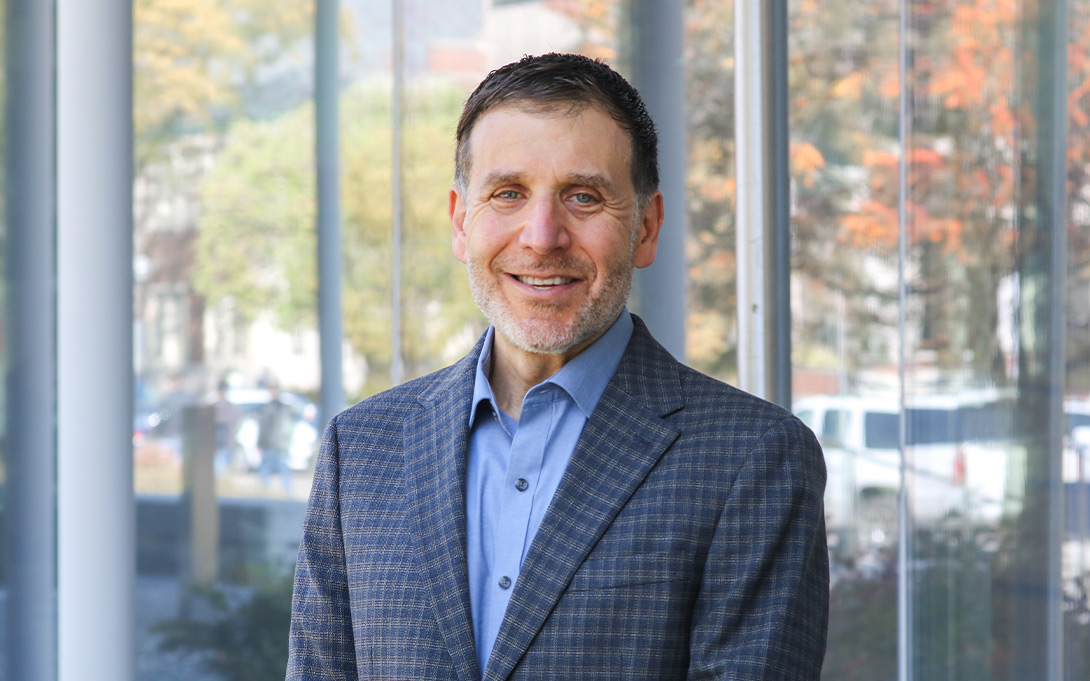
The Detroit Metro Area Communities Study (DMACS) is a University of Michigan initiative that regularly surveys a representative group of Detroit residents about their communities, asking about their experiences, perceptions, priorities, and aspirations.
When COVID-19 began spreading across Detroit, the DMACS project leads adjusted the strategy to begin studying the impact of the pandemic on Detroit residents. In a June 10 episode of Michigan Minds, the Ford School's Jeffrey Morenoff, Director of the Institute for Social Research Population Studies Center, explains the goals of DMACS and shares recent findings from the surveys on how Detroiters are experiencing the pandemic.
"The goal is to learn about people in Detroit-their socioeconomic circumstances, their health and well-being, and ways in which they feel attached to their communities," Morenoff says. "When the pandemic hit, we were already planning to do another survey and we thought at that point we should pivot and start asking questions that were pertinent to COVID-19."
You can see the podcast here.
Jeffrey D. Morenoff is a professor of sociology, a research professor at the Institute for Social Research (ISR), and a professor of public policy at the Ford School. He is also director of the ISR Population Studies Center. Professor Morenoff's research interests include neighborhood environments, inequality, crime and criminal justice, the social determinants of health, racial/ethnic/immigrant disparities in health and antisocial behavior, and methods for analyzing multilevel and spatial data. In 2004, Morenoff won the Ruth Shonle Cavan Young Scholar Award from the American Society of Criminology for "outstanding contributions to the discipline of criminology. He earned an MA and PhD in sociology from The University of Chicago.